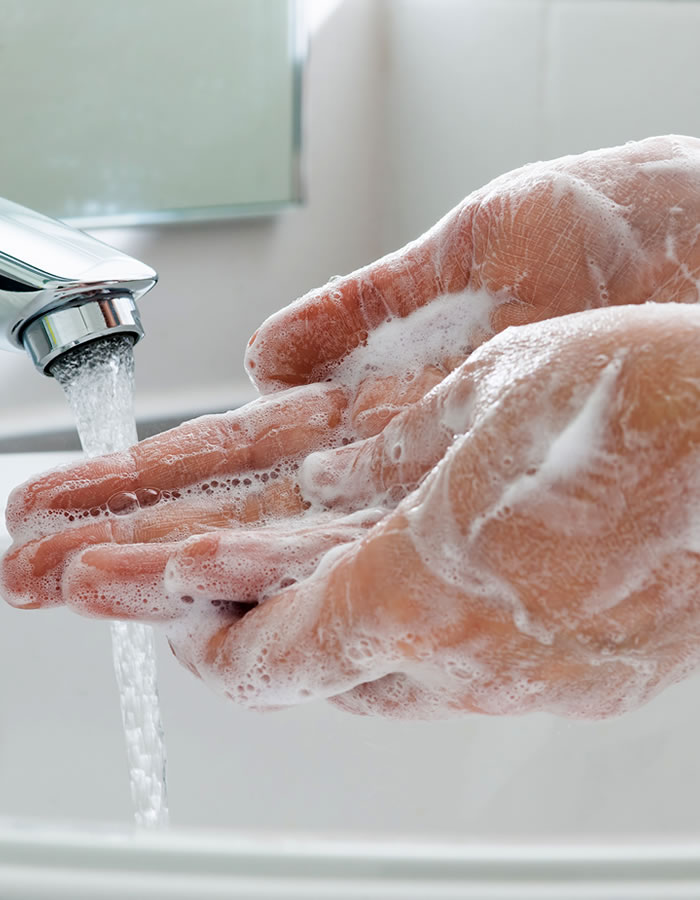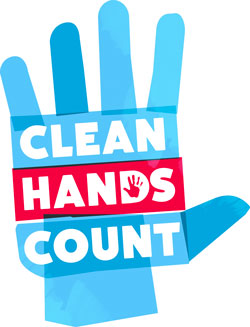May 5 is World Hand Hygiene Awareness Day
Practicing hand hygiene is a simple yet effective way to prevent infections. Cleaning your hands can prevent the spread of germs, including those that are resistant to antibiotics and are becoming difficult, if not impossible, to treat.
When should you wash your hands?
- Before preparing or eating food
- Before touching your eyes, nose, or mouth
- Before and after changing wound dressings or bandages
- After using the restroom
- After blowing your nose, coughing, or sneezing
- After touching hospital surfaces such as bed rails, bedside tables, doorknobs, remote controls, or the phone
Speak Up for Clean Hands
Every patient is at risk of getting an infection while they are being treated for something else. Even healthcare providers are at risk of getting an infection while they are treating patients.
The Centers for Disease Control offers these awareness guidelines for patients in healthcare environments:
- Clean your own hands and ask those around you to do the same.
- Don’t be afraid to use your voice: it’s ok to ask your healthcare provider questions, such as:
- “I didn’t see you clean your hands when you came in, would you mind cleaning them again before you examine me?”
- “I’m worried about germs spreading in the hospital. Will you please clean your hands once more before you start my treatment?”
- Ask your loved ones to clean their hands too:
- “I saw you clean your hands when you arrived some time ago, but would you mind cleaning them again?”
Clean Hands Count for Patients
As a patient in a healthcare setting, you are at risk of getting an infection while you are being treated for something else. Patients and their loved ones can play a role in asking and reminding healthcare providers to clean their hands. Your hands can spread germs too, so protect yourself by cleaning your hands often.








